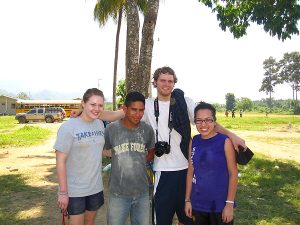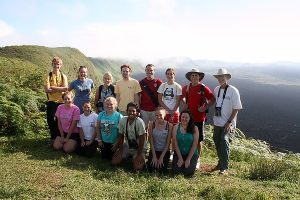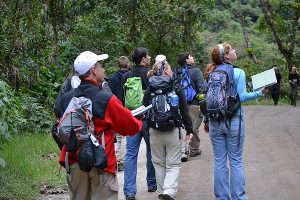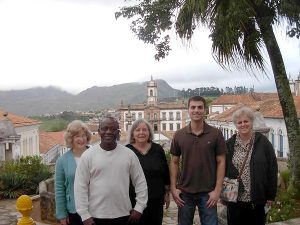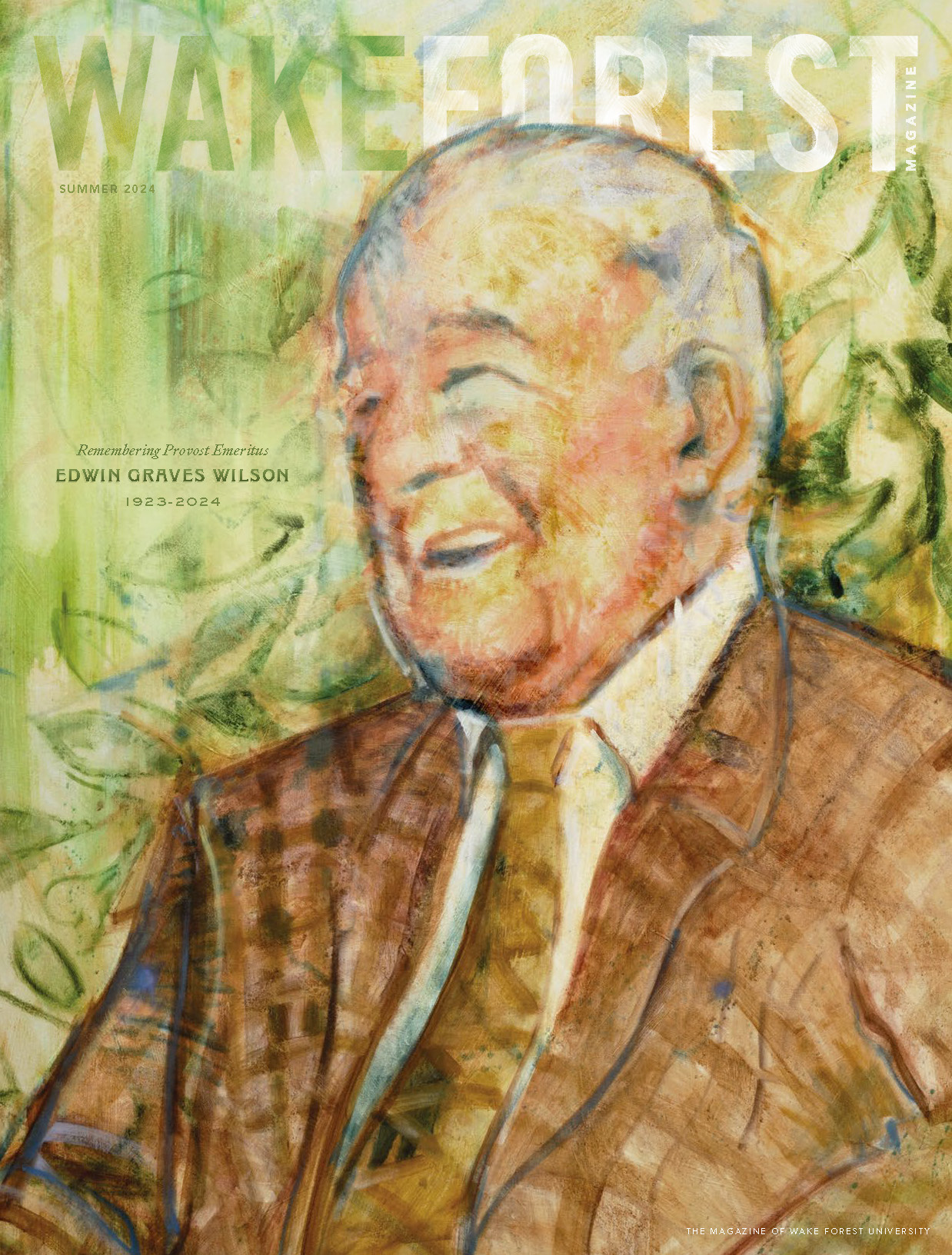Wake Forest’s global footprint is larger thanks to a focus in the last year on Latin America with new programs in Nicaragua, a semester-abroad program in Chile and a summer course in the Galápagos Islands.
With extensive programs in Europe and Asia, offering Latin American programs was imperative, says Kline Harrison, associate provost for global affairs, because of students’ interest and the region’s rise in political and economic importance.
Chile’s changing economic model and political transition made it an ideal outpost for a study-abroad program, says Peter Siavelis, associate professor of political science and director of the Latin American and Latino Studies Program.
Students partner with two national organizations — Students Helping Honduras and Global Brigades — to volunteer in a medical clinic and orphanage and provide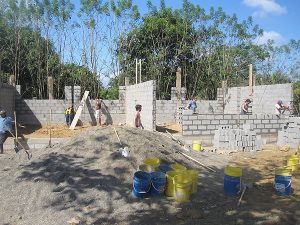 microfinancing assistance during trips over the summer and during semester breaks.
microfinancing assistance during trips over the summer and during semester breaks.
Nicaragua
Casa Dingledine — named for Trustee Tom Dingledine (MBA ’78) and his wife, Karyn — offers a number of cross-disciplinary learning and service programs. Former Provost Jill Tiefenthaler recalled that her favorite memory of traveling abroad for Wake Forest occurred at a Nicaraguan auto-body shop where the owner credited business-school students with helping his business grow. “(He) was thanking me effusively for what Wake Forest had done for him and his family. I don’t think I will ever forget that moment because it was another time when you could see … the power of education.”
Professors of Biology Bill Conner and Dave Anderson have conducted research in the Galápagos Islands for more than a decade. Anderson taught a first-year seminar last spring (another occurs in spring 2012) that culminated in a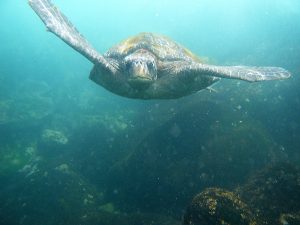 weeklong trip to the Galápagos. “We were swimming among sea turtles, seastars, penguins,” says Victoria Erb, one of Anderson’s 12 students on the trip who calls her experience of learning about the Galápagos and visiting them “so much more than I could ever dream of.”
weeklong trip to the Galápagos. “We were swimming among sea turtles, seastars, penguins,” says Victoria Erb, one of Anderson’s 12 students on the trip who calls her experience of learning about the Galápagos and visiting them “so much more than I could ever dream of.”
Professor of Biology Miles Silman, an expert on Andean ecology, and Assistant Professor of History Emily Wakild, an expert on Latin American national parks, teach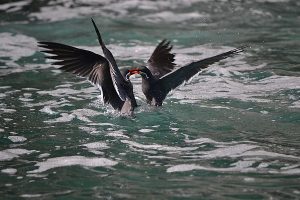 a month-long summer course on Peru’s diverse plants, birds and mammals and its cultural and historic treasures. Aside from classrooms, “lecture and discussion came beside a waterfall or in the candlelight of dinner,” says junior Mary Alyce McCullough.
a month-long summer course on Peru’s diverse plants, birds and mammals and its cultural and historic treasures. Aside from classrooms, “lecture and discussion came beside a waterfall or in the candlelight of dinner,” says junior Mary Alyce McCullough.
Undergraduates and graduate students pursue research interests in Brazil through internships in biomedical sciences while also studying the country’s culture and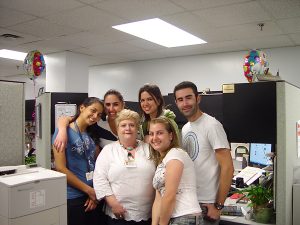 learning Portuguese. Chris Schaich, a graduate student in physiology and pharmacology, says the internship provided him the opportunity “to experience another culture’s approach to scientific research, in addition to learning new, practical laboratory techniques.”
learning Portuguese. Chris Schaich, a graduate student in physiology and pharmacology, says the internship provided him the opportunity “to experience another culture’s approach to scientific research, in addition to learning new, practical laboratory techniques.”
Chile & Argentina
Wake Forest’s newest study-abroad program began last spring. Students live in Buenos Aires, Argentina, for three weeks before spending the rest of the spring semester in Santiago, Chile, where they live with host families while taking classes at a local university and with the Wake Forest faculty member who accompanies the group.
Bolivia
School of Medicine doctors and residents in the plastic surgery training program have treated some 200 burn-injured children during annual visits the last five years.

